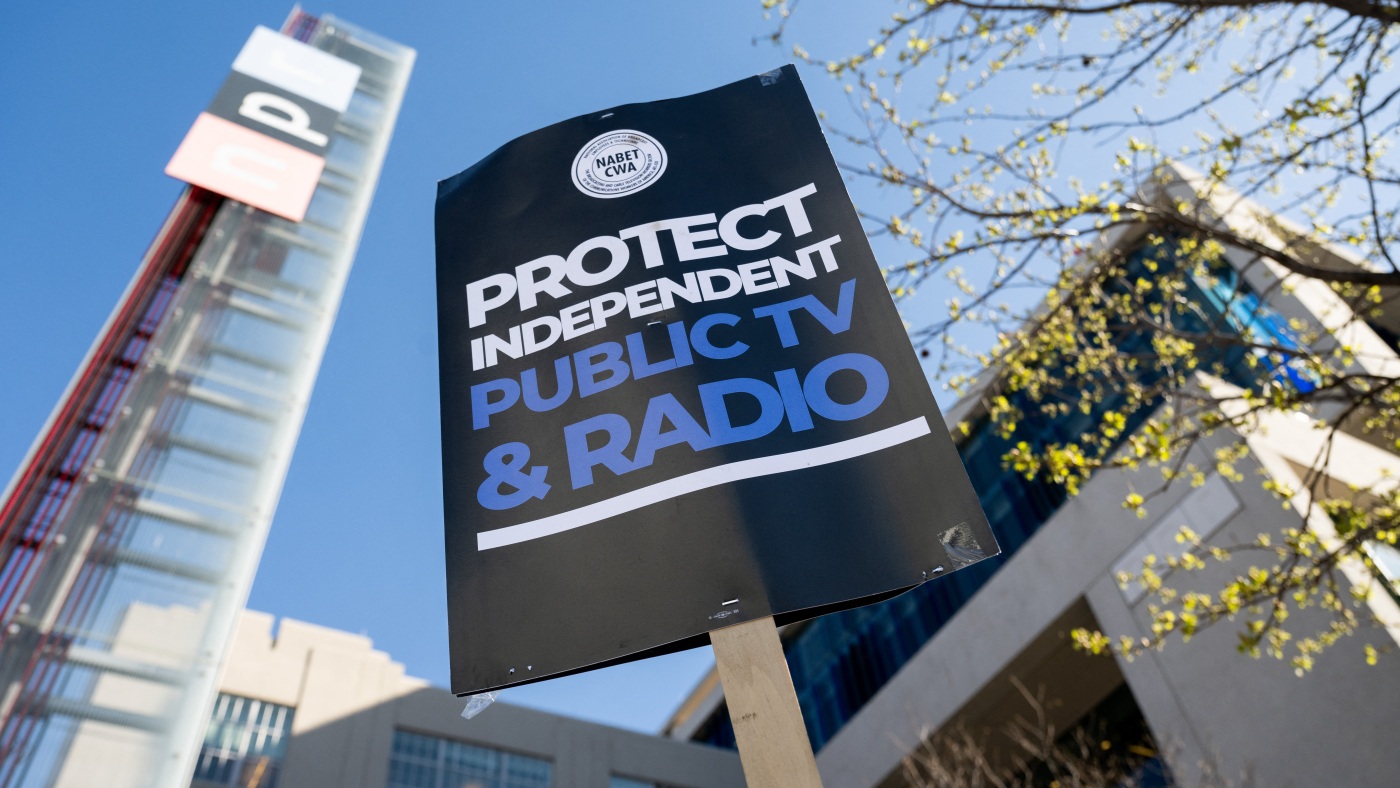Navigating the Crossroads: Public Media Funding Amid Political Turbulence
In a climate where media’s role in society is under constant scrutiny, the battle over federal funding for public broadcasting in the United States has escalated into a defining political conflict. At the center are two venerable institutions, NPR and PBS, which face an unprecedented challenge as the Trump administration pushes for a sweeping defunding campaign met with staunch Democratic resistance. Exploring this struggle reveals complex dynamics about government funding, media independence, political ideology, and the future of public information.
—
The Trump Administration’s Radical Funding Reduction Strategy
The administration’s campaign against public media funding is notable both for its scale and symbolism. The formal request to reclaim $1.1 billion from the Corporation for Public Broadcasting—money meant to sustain NPR, PBS, and over 1,500 local stations—is part of a broader $9 billion budget cut agenda aimed at reshaping federal expenditures. Labeling NPR and PBS as “radical left monsters” highlights an aggressively partisan framing, positioning these outlets not just as targets for budget trimming but as ideological adversaries.
Such rhetoric combines with concrete legislative efforts, like the introduction of the “No Propaganda Act” and the “Defund NPR Act,” to recast public media as arenas rife with alleged bias. This paints a picture of a political battle that transcends mere fiscal policy and enters the realm of controlling cultural narratives and information channels.
—
GOP Congressional Maneuvers: Legislative Ambitions Versus Practical Barriers
Republican lawmakers align closely with the administration’s defunding aims, scheduling votes and promoting bills designed to sever public media’s federal financial lifeline. However, their challenge is complicated by structural and political realities. The biennial appropriations for CPB mean immediate defunding is not straightforward. Further, NPR and PBS local affiliates enjoy diversified funding, from private donations to state support, which insulates them partially from federal cuts.
Nonetheless, the GOP’s push harnesses sustained claims of partisanship to build legislative momentum. It reflects a broader skepticism of government-funded media institutions perceived to challenge conservative narratives, even as bipartisan support for local stations persists. The legislative chess game is as much about political signaling as it is about actual outcomes.
—
Democratic Defense and the Vital Role of Public Media
Senate Democrats have responded to these threats with vigorous opposition, stressing the essential roles public broadcasters play, particularly for rural and underserved communities. Beyond providing news, NPR and PBS deliver educational resources, cultural programming, and a forum for civic engagement rarely matched by commercial media outlets.
This defense is more than ideological; it underscores public media’s unique position in sustaining democratic information flow. Advocates emphasize that cutting funding risks eroding trust, limiting access to reliable news, and fracturing communities reliant on these outlets for connection and education. The public rallies organized by media executives and supporters underscore the grassroots concern over the implications of defunding.
—
Legal Battles and Broader Political Ramifications
The confrontation has spilled into the judicial arena, with NPR and affiliates challenging the legality of executive orders aimed at blocking funding. These lawsuits highlight tensions between political authority and established legislative processes governing appropriations. The “blatantly unlawful” characterization of the administration’s moves signals a deep constitutional debate about the separation of powers and media independence.
More broadly, this funding fight epitomizes a political trend where media outlets’ survival becomes entwined with partisan battles over narrative control. Critics of the defund campaign argue that it threatens media plurality and undermines democratic dialogue by muzzling independent public voices. On the other side, supporters assert it corrects entrenched ideological leanings funded by taxpayers.
—
Financial Complexity and Congressional Decision-Making Pressure
The funding mechanisms at play introduce significant pragmatic challenges. CPB’s biennial budget cycle means that any rescission requires meticulous legislative negotiation, and the 45-day window for Congress to act heightens urgency. While diverse revenue streams at local stations offer some buffer, they cannot entirely offset federal losses without risking program cuts or station closures.
For Congress, this is a moment demanding a nuanced balancing act between fiscal concerns, media freedom, public service, and political principles. The procedural timeframe compels lawmakers to quickly confront the broader implications of their decisions for national media infrastructure and public access to information.
—
An Inflection Point for American Public Broadcasting
The escalating dispute over NPR and PBS funding transcends dollars and cents; it is about the identity and future of public media in a polarized America. The Trump administration’s defund push and the resulting political countermeasures symbolize a larger contest over how society values independent information, community engagement, and educational content in the digital age.
This moment will likely redefine public broadcasting’s place, influencing not only immediate funding levels but shaping the capacity of these institutions to serve as trusted sources amid an increasingly fragmented media landscape. How this battle resolves will echo across the cultural and democratic fabric of the nation, determining whether public media emerges diminished or reaffirmed as a cornerstone of American public life.

